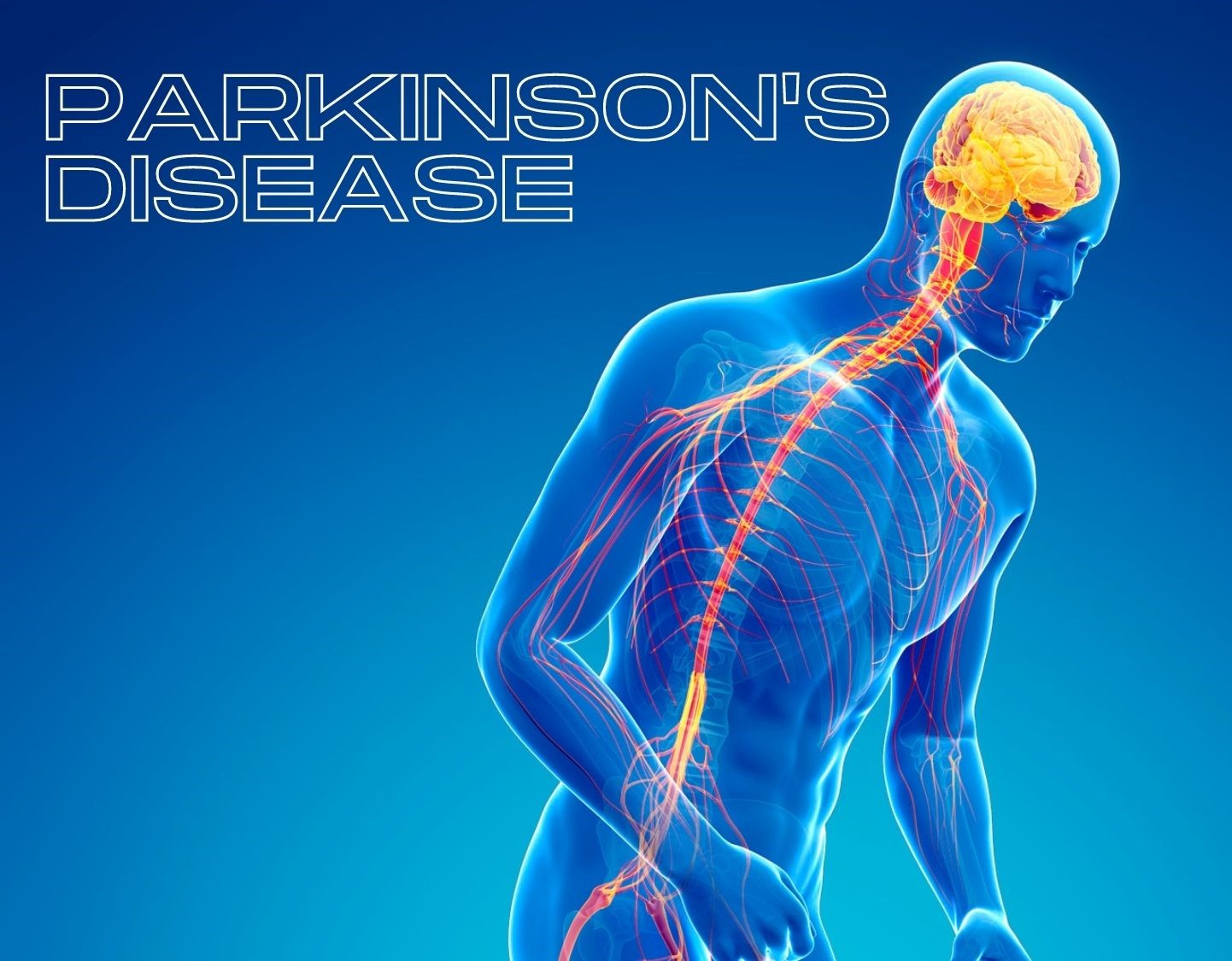New Research Reveals How Parkinson’s Disease Alters Emotion Recognition in Voices
A recent study published in Neurodegenerative Diseases explores how Parkinson’s disease (PD) can disrupt an everyday skill many take for granted—recognizing emotions in someone’s voice. The findings suggest that both the side of the body most affected by PD symptoms and the medications used for treatment can influence a patient’s ability to interpret emotional cues in speech.
Researchers from the University of Geneva and Rennes University Hospital conducted a detailed analysis of how individuals with Parkinson’s perceive emotional tones in spoken language. Study participants were categorized based on whether their motor symptoms were more dominant on the left or right side of the body. The study also included both early and advanced stage patients, with early-stage participants being assessed both while on and off dopaminergic replacement therapy (DRT).
The outcomes were noteworthy. The study found that patients whose symptoms were more severe on the left side of the body struggled significantly more with recognizing emotions in voices compared to both healthy individuals and those with right-sided symptoms.
Medication appeared to play a crucial role. In early-stage patients, DRT was associated with a negative impact on vocal emotion recognition for those with left-side dominant symptoms. Conversely, those with right-side dominant symptoms showed improved performance on DRT.
This contrast suggests a complex relationship between the side of symptom onset and how dopaminergic treatments affect the brain’s emotional processing capabilities. Although the participant group was relatively small, the study highlights the potential benefits of a personalized treatment approach for people with Parkinson’s.
As the researchers noted, the findings underscore “the differential effects of disease duration, DRT, and motor symptom asymmetry on vocal emotion recognition in Parkinson’s disease.”








